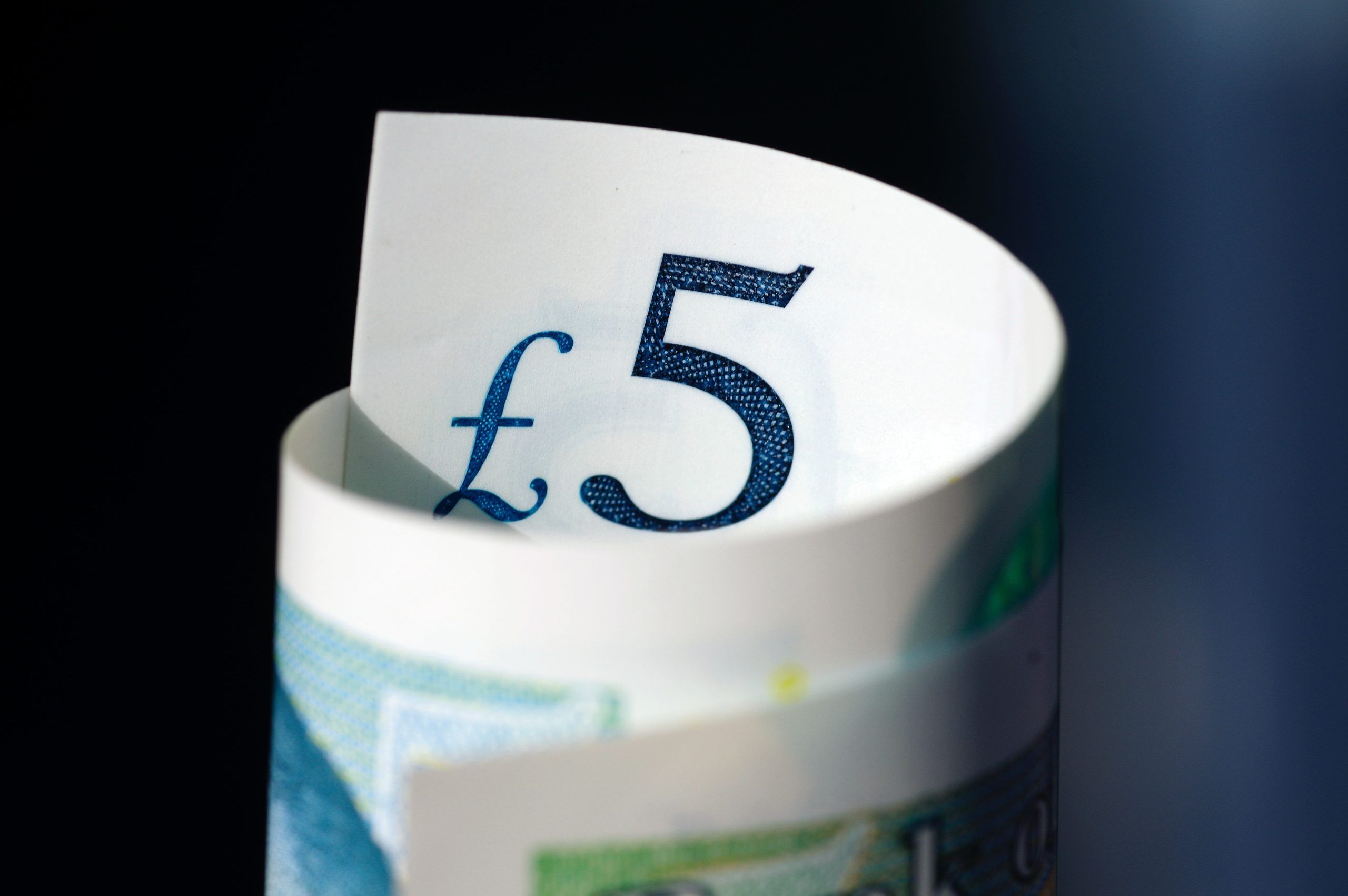IVA or Debt Relief Order: Which Is Right For Me?
IVA or Debt Relief Order -If you’re in debt and are struggling to find a way to repay your creditors, then there are several formal, legally binding debt solutions that could help you to clear your debts in a more manageable way. You may have heard of an IVA or a DRO but are wondering exactly what each of these debt solutions are. So, we have put together a brief summary of each debt solution below.
What is an IVA?
An IVA (Individual Voluntary Arrangement) is a legally binding agreement that can be arranged by an Insolvency Practitioner to help you repay your creditors in an affordable way. Before the payment plan is arranged and put forward to your creditors, your income and expenditure will be assessed by your IP. This is to ensure that you have enough money each month to pay for necessities, such as your rent/mortgage, bills, and food. Once an affordable amount for the payment plan is decided, and if it’s accepted by your creditors, then you’ll have to pay the agreed amount each month and stick to the agreed terms.
What is a DRO?
A DRO (Debt Relief Order) allows your debt, and any interest owed, to be put on hold for twelve months. After this time, if you continue to meet the eligibility criteria, then any included debt will be written off. A DRO is an alternative to bankruptcy if you have limited assets and affordability.
Which is better? IVA or Debt Relief Order?
Now you understand what an IVA and a DRO is, you are probably wondering which would be the best debt solution for you. Below, we have put together a list of some of the pros and cons, which will hopefully help you decide on whether or not an IVA would suit your financial situation, or if a DRO would be the right solution to help you out of your debt.
IVA Pros and Cons
IVA Pros:
✓ Write off unaffordable debt. At the end of your IVA, any outstanding debt will be written off.
✓ You only pay what you can afford. The payment is tailored to your circumstances. As previously mentioned, your IP will assess your income and expenditure to ensure you’ll have enough money for necessities.
✓ You will no longer be harassed by creditors and/or bailiffs for payment. As long as you stick to your IVA agreed terms, legal action, such as CCJs, cannot be taken against you.
✓ Business owners can continue to trade.
✓ An IVA is an option for homeowners.
✓ Interest and charges will be frozen. As long as you stick to your agreed terms, your creditors will not be able to add on any extra charges.
IVA Cons:
X There’s still the risk of bankruptcy if the IVA fails.
X An IVA could affect employment. This does depend on the sector you work in, or are considering working in. For example, working in the financial sector, there may be certain conditions in place regarding IVAs.
X It will negatively impact your credit rating. An IVA will stay on your credit file for six years, which will affect your ability to apply for loans, car finance, or a mortgage.
X You have to follow a strict budget.
X An IVA isn’t private. It will be registered on the Insolvency Register, which anyone can access
X If you are a homeowner, you may need to release equity from your home to pay off some debts.
DRO Pros and Cons
DRO Pros:
✓ Any future interest and charges will be frozen on any debt you owe.
✓ Your creditors will no longer be able to take legal action against you.
✓ Your DRO will only last twelve months after which any debts will be written off.
✓ This debt solution is one of the fastest ways to clear your debts.
✓ No monthly payment
DRO Cons:
X To be considered for a DRO, you must meet certain criteria, such as your debts must not exceed £30,000 and you must reside in England, Wales or Northern Ireland. Also, your surplus income must not exceed £75 per month.
X Homeowners are not allowed to apply for a DRO.
X A DRO isn’t private. It will be registered on the Insolvency Register, which anyone can access.
X If your situation changes, and you no longer meet the DRO criteria during the 12 month period, the DRO will be revoked.
X It will negatively impact your credit rating. A DRO will stay on your credit file for six years, which will affect your ability to apply for loans, car finance, or a mortgage.
So, an IVA vs a Debt Relief Order: which is the right debt solution for you? Hopefully this list of some of the pros and cons for each will have helped you to decide. However, If you’d still like further information on IVAs or DROs, please contact us, and we’d be happy to answer any questions you may have.
Check online
Request a Debt Assessment
May not be suitable in all circumstances, Fees may apply, your credit rating may be affected.
Disclaimer: For guidance only. Financial information entered must be accurate and would require verification. Other factors will influence your most suitable debt solution.
